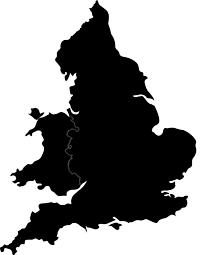Rubella (German measles)
Rubella is an infection that can cause a rash, swollen lymph nodes and a high temperature. In children, rubella (also known as German measles) is usually a mild illness. However, it is dangerous for unvaccinated pregnant women to catch this infection because it can cause serious health problems in their unborn babies.
Incubation period
2-3 weeks
Symptoms
Pink-red rash with small spots, Swollen lymph nodes, High temperature, Cold-like symptoms, Red and sore eyes (conjunctivitis), Aching joints, Loss of appetite, Tiredness
Possible complications
Babies born with congenital rubella syndrome
About Rubella
Rubella (German measles) is a viral infection that’s spread in a similar way to a cold or flu, through droplets of moisture from the nose or throat of someone who’s infected. The illness is now rare in the UK due to widespread vaccination but it is still a common childhood illness in other parts of the world.
Rubella symptoms
The most common symptom of rubella is a tell-tale red-pink rash made up of small spots that starts on the face and moves downwards. The infection can also cause swollen glands around the head and neck and a high temperature, which may last for a couple of days.
Some people also experience cold-like symptoms such as a cough and runny nose. Aching and painful joints are more common in adults with rubella. Teens and adults may also experience a headache, loss of appetite, mild conjunctivitis (inflammation of the lining of the eyelids and eyeballs) and swollen lymph nodes in other parts of the body.
Many people with rubella experience few to no symptoms.
Possible complications
While most cases of rubella are mild and will get better without treatment within seven to 10 days, the virus can present a serious concern if caught during the first 20 weeks of pregnancy.
In these cases, the virus can pass through a pregnant woman’s bloodstream to infect the unborn child. This can result in the child being born with congenital rubella syndrome, which can cause serious problems with their growth, heart, eyes, cognitive development, hearing, liver, spleen and bone marrow. The rubella virus can also cause foetal death and miscarriage during pregnancy.
Rubella can cause a mild inflammation of the brain (encephalitis) in about 1 in 6,000 infections, though most people recover completely with no complications.
Some research suggests that a rare bleeding disorder called Idiopathic Thrombocytopenia Purpura (ITP) very occasionally follows an attack of German measles.





